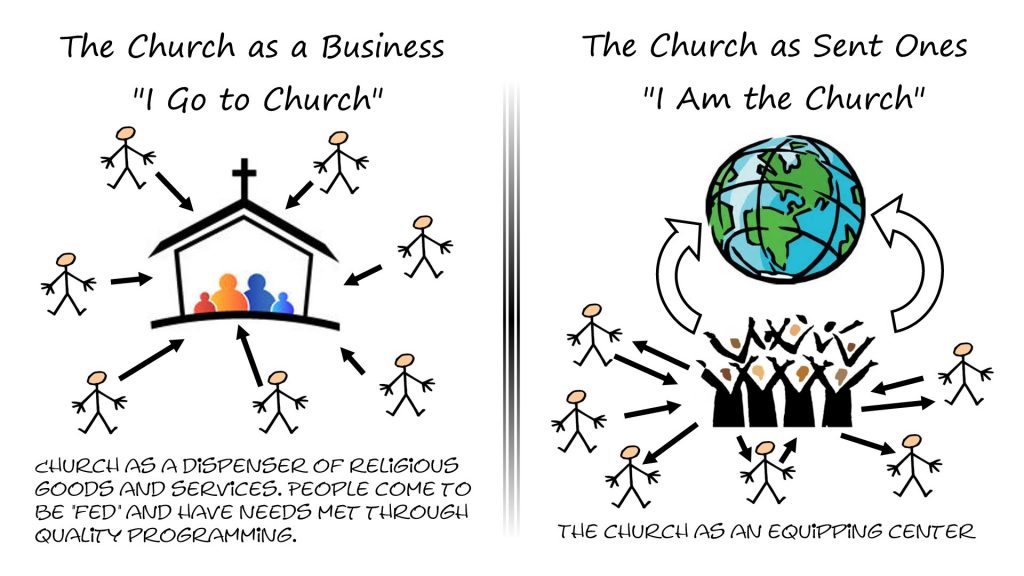I recently discovered a way to tell the difference between a teacher and a shepherd in Sunday School: ask the question, “What are you teaching right now in your church?”
The one who says they are teaching a five-week class on First John is the teacher; the one who says they are teaching middle school boys is the shepherd! I got this question from David Francis’ work on spiritual gifts. I found this to be a very provocative observation.
So often we believe that we are teaching lessons from the Bible when in reality we are teaching people the Bible! Here are other observations regarding shepherding:
- Shepherds know their sheep – The best teachers are those who take into account those whom they are teaching, we must know about life stages, gender differences, how to communicate, how this group learns, etc.
- Shepherds know their flock – They keep up with details about individuals in the class, maybe using a notebook to keep up with birthdays, anniversaries, hobbies, etc.
- Shepherds don’t wait for Sunday – Plenty of ministry opportunities await the shepherd when they are involved in the lives of their sheep during the week.
- Shepherds use a staff – They organize the class into smaller groups to help distribute the task of keeping up with the flock.
The key for me is that we teach people, we don’t teach lessons!
